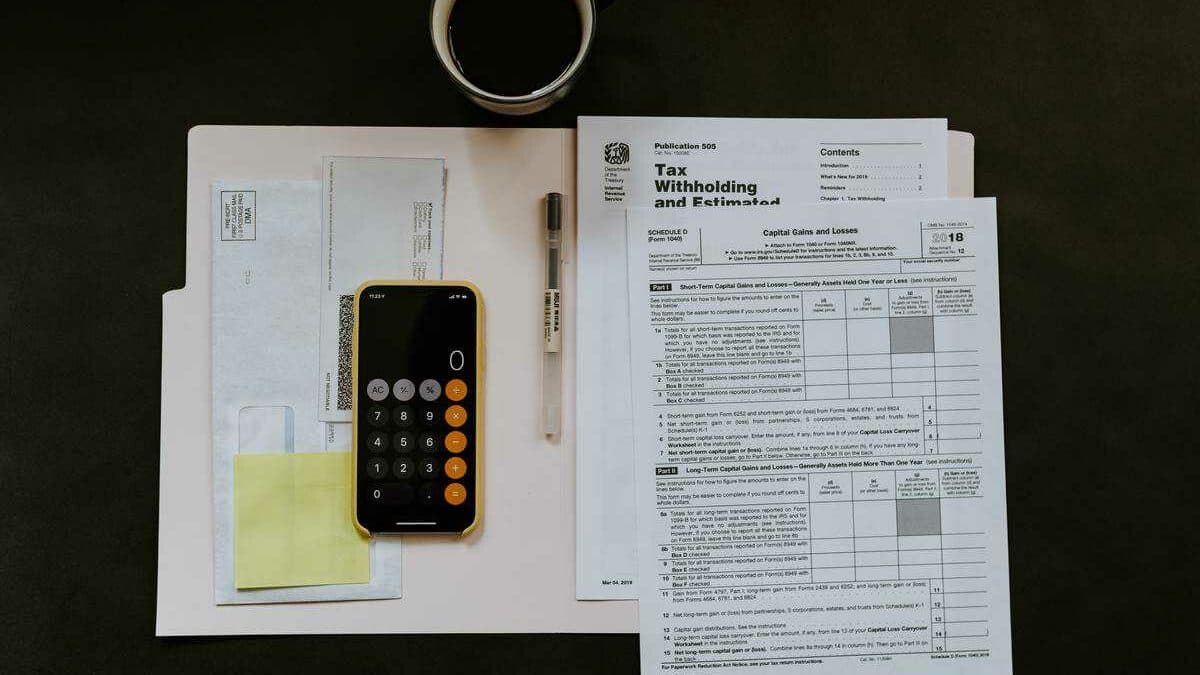The end of the financial year can be overwhelming for many entrepreneurs and SMEs. However, if you begin to understand your obligations and chip away at what’s required now, you’ll save yourself the stress of the additional workload that often comes only a few weeks or days out from the 30th of June deadline.
Below are four key ways to prepare for tax time so that your accountant has what they need to lodge your returns in the most accurate (and beneficial to you) way possible.
Reconciliations are a must
Ensure your company bank accounts are reconciled, so they ladder up with all incomings and outgoings that occurred within your business over the period. If you do regular bookkeeping or outsource, the main thing you will require is compiling these monthly reports to take them to your accountant.
If you’ve not had a chance to do this, it will mean going back through your bank statements for the 2021/22 financial year, and locating the receipts and invoices (cloud-based software that stores all of this in the one place comes in really handy here) that correlate.
During this process, you can also reconcile the balance sheet accounts related to your debtors, creditors, superannuation, PAYG and GST. You’ll be able to identify any unpaid invoices that are owed to you, those that might still be outstanding on your end, late BAS statements (due quarterly), and any employee payments that haven’t been fulfilled.
Finalise all employee obligations
If you have staff, put the time aside to finalise your single touch payroll (STP) data for the financial year to ensure you’re fully compliant with the ATO, and that the correct payroll numbers have been reported through your accounts. A bookkeeper can also do this for you to prevent any inaccuracies or underpayments.
This is an important action, as it also allows your employees to access their end-of-year income statements either through their online myGOV account or personal tax agent, and submit their individual tax returns.
Even though it isn’t due until the 28th of July, aim to pay all superannuation you owe to employees by the 30th of June too. This is because, in order for you to claim super as a tax deduction, it needs to have been paid from the company’s bank account prior to the end of each financial year.
Quantify your products
If operating your business involves the buying or selling of products, you need to perform a stocktake. The ATO requires you to provide data about the value of your stock at the end of each financial year, so it’s a must for your accountant to prepare an accurate tax return for you.
While it might seem a bit of an uphill task, there are a lot of benefits associated with doing a stocktake. You’ll understand just how much stock you have and therefore know which inventory you need to buy more of and identify products that aren’t selling so well.
Determine potential deductions
While your accountant is always best placed to provide recommendations about what you can and can’t claim as a deduction in your business, sharing the most up to date data with them is worth its weight in gold.
This especially relates to your logs for mileage claims if you travel for work, such as seeing clients or meeting with supplier partners. This is also where the cloud-based software I mention above will be helpful. By having reconciled documents at their fingertips, your accountant will be able to accurately (and quickly, saving you money in the process) pinpoint deductions that apply to you and include them in your return to ultimately pay less tax.
Tax time doesn’t need to be daunting or stressful. One of the most important things is to commit to bookkeeping throughout the year (or outsource if you don’t have the capacity) and get your key documentation in order so your accountant can do their job to the best of their ability.
Best of luck this year!
Disclaimer: Dynamic Business does not provide tax, legal or accounting advice. This article has been prepared for informational purposes only by our contributor and should not be relied on solely for tax, legal, or accounting purposes.You are strongly encouraged to consult your advisors to determine how the information may relate to you or the specifics of your business.
Keep up to date with our stories on LinkedIn, Twitter, Facebook and Instagram.

